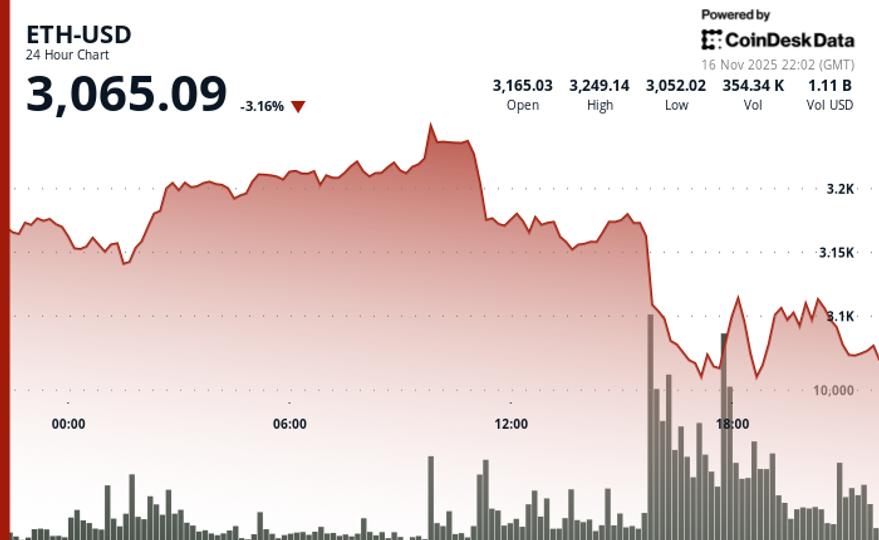
Netflix Attracts Investors with Stock Split


Netflix Attracts Investors' Attention with 10-for-1 Stock Split
This week, Netflix executed a 10-for-1 stock split, drawing attention with its recent strong revenue growth, successful performance in advertising, and the anticipation for the final season of Stranger Things. The company's ongoing expansion initiatives, such as adding classic games to its mobile app and opening impressive venues like Netflix House, highlight efforts to diversify viewer engagement and revenue streams.
The stock split aims to make shares more accessible and increase trading liquidity. However, historical data suggests that large-cap stocks of this profile tend to perform below the broader market following a split.
Let’s take a look at how Netflix's stock split and content-driven growth expectations have impacted its investment narrative. This issue becomes even more critical as retail investors find it easier to access shares.
In today's market, being a Netflix shareholder requires confidence in the company's ability to sustain premium subscriber growth and open up new revenue sources. This is particularly true in a highly competitive streaming landscape and in the face of rising content costs. Recent merger and acquisition rumors suggest that Netflix may make an offer for Warner Bros. Discovery’s streaming and studio business, but the outcome remains uncertain. The biggest short-term catalyst is the final season of Stranger Things. Rising content expenses present a significant operational risk; if a deal is not approved, news of this kind will still be inconsequential.
Among recent announcements, Netflix's 10-for-1 stock split is currently quite noteworthy. This split supports broad retail access and investor interest. Furthermore, it is becoming even more critical with a high-profile content series and potential merger activities. The next steps are closely tied to subscriber growth and upcoming releases.
On the other hand, investors need to consider whether Netflix's increasing content expenses may prove insufficient to drive engagement or subscriber growth. Additionally, the company's forecast of $59.4 billion in revenue and $17.7 billion in profit by 2028 is striking. These numbers are based on an annual growth rate of 12.5% and forecast an increase in profits of $7.5 billion from current levels.
Moreover, the Simply Wall St community of fifty members estimates Netflix’s fair value to be between $797.74 and $1,825.07 per share. Even within this range, rising content costs may test the company's profitability expectations and highlight why opinions vary so widely.
Investors should examine our Netflix research report as a starting point that highlights three key rewards that could impact their investment decisions. The report is summarized using Snowflake, a visual presentation to quickly assess Netflix's overall financial health.
In conclusion, take the right step to explore future opportunities and strengthen your investment strategies.
.png)
Yakında Tüm Platformlarda
Sizlere kesintisiz haber ve analizi en hızlı şekilde ulaştırmak için. Yakında tüm platformlarda...





.png)